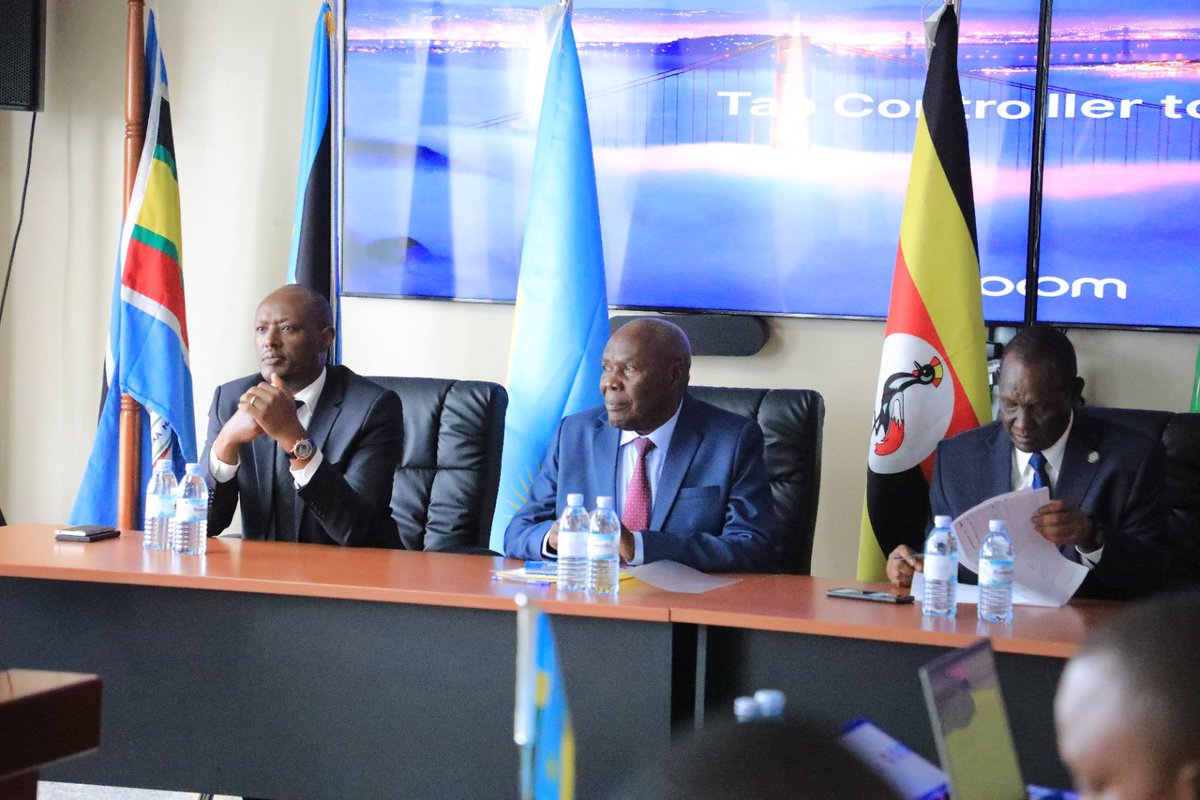Kenya, Uganda, Rwanda, and South Sudan have reaffirmed their commitment to the construction of the Eldoret-Kampala-Kigali refined petroleum products pipeline under the Northern Corridor Integration Projects.
The agreement was formalized during a joint ministerial meeting held in Entebbe, Uganda, attended by key representatives, including Kenya’s Petroleum Principal Secretary Mohamed Liban, Uganda’s Energy Minister Okaasai Sidronius Opolot, and Rwanda High Commission Charge de Affairs Ismael Baguma.
The project aims to streamline the transportation of refined petroleum products across the region, offering faster, seamless, and environmentally friendly movement of fuel from Western Kenya to Uganda, Rwanda, and South Sudan.
Strategic Importance of the Pipeline
Speaking at the event, Kenya’s Petroleum PS Mohamed Liban emphasized the long-term benefits of the project, highlighting its role in fostering regional economic integration, sustainable development, and prosperity.
“Once complete, this project will lay a strong foundation for future generations by promoting economic integration and regional development,” said Liban.
The Eldoret-Kampala-Kigali pipeline is part of the Refined Petroleum Products Pipeline Development Cluster under the Northern Corridor Integration Projects, which was conceptualized in 1995.
Addressing Logistical Challenges
The pipeline will resolve existing inefficiencies tied to fuel transportation, particularly the reliance on trucks to move refined petroleum products. Currently, products are offloaded at the Port of Mombasa before being transported via pipeline to depots in Nairobi, Nakuru, Kisumu, and Eldoret. From these depots, last-mile delivery to neighboring regions is handled by trucks.
Liban underscored that the project will ease these logistical burdens, ensuring uninterrupted and cost-effective fuel supply to the region.
Historical Collaboration
Kenya, Uganda, and Rwanda signed a tripartite agreement in 2013 to develop the pipeline, recognizing its critical role in addressing energy needs and supporting economic growth. The renewed commitment now includes South Sudan as a key partner in the initiative.
The proposed pipeline not only aligns with regional energy demands but also contributes to reducing carbon emissions by shifting away from truck-based fuel transportation, which is less efficient and environmentally sustainable.





